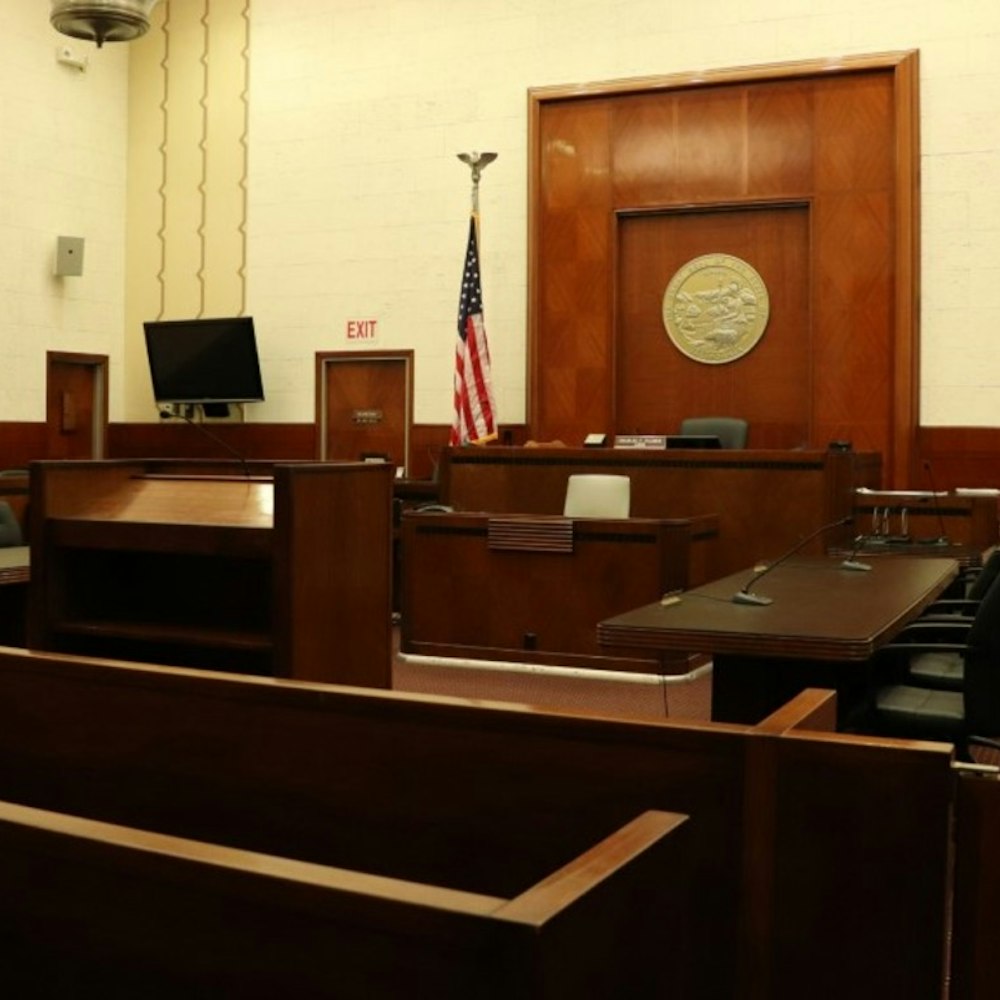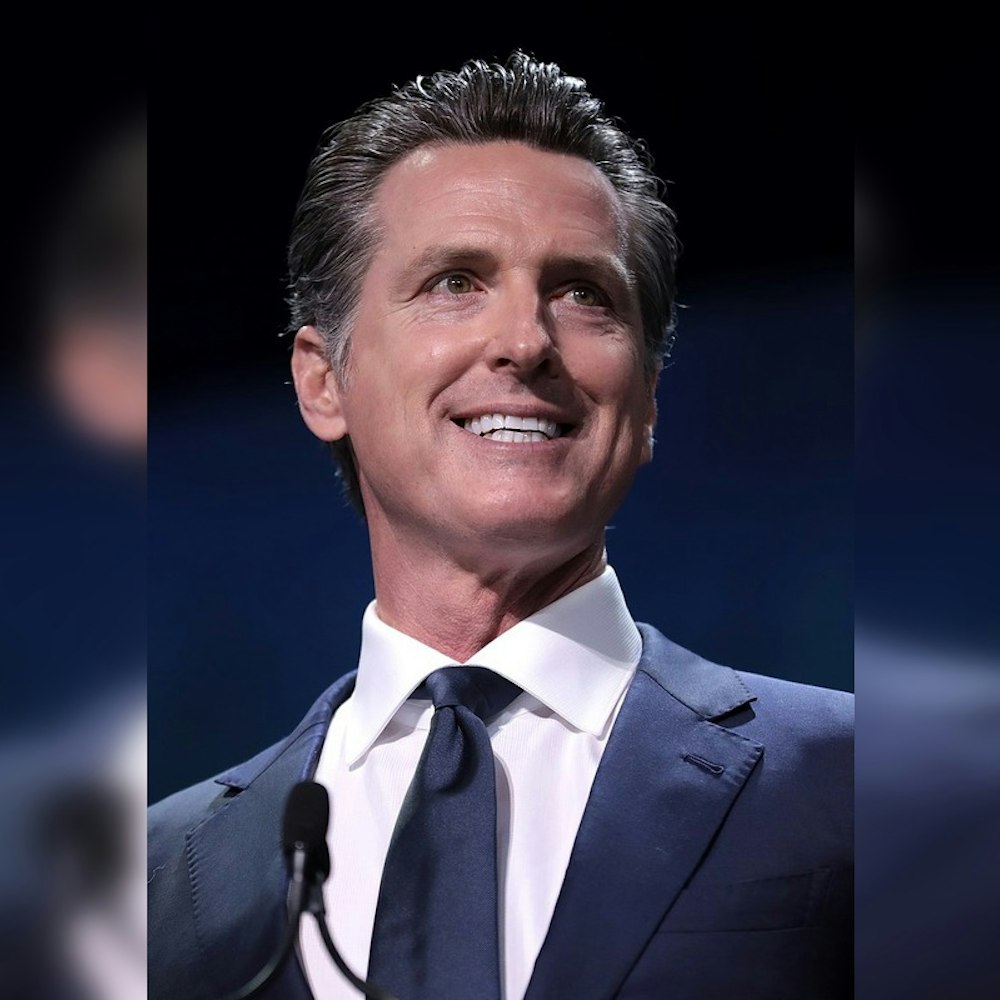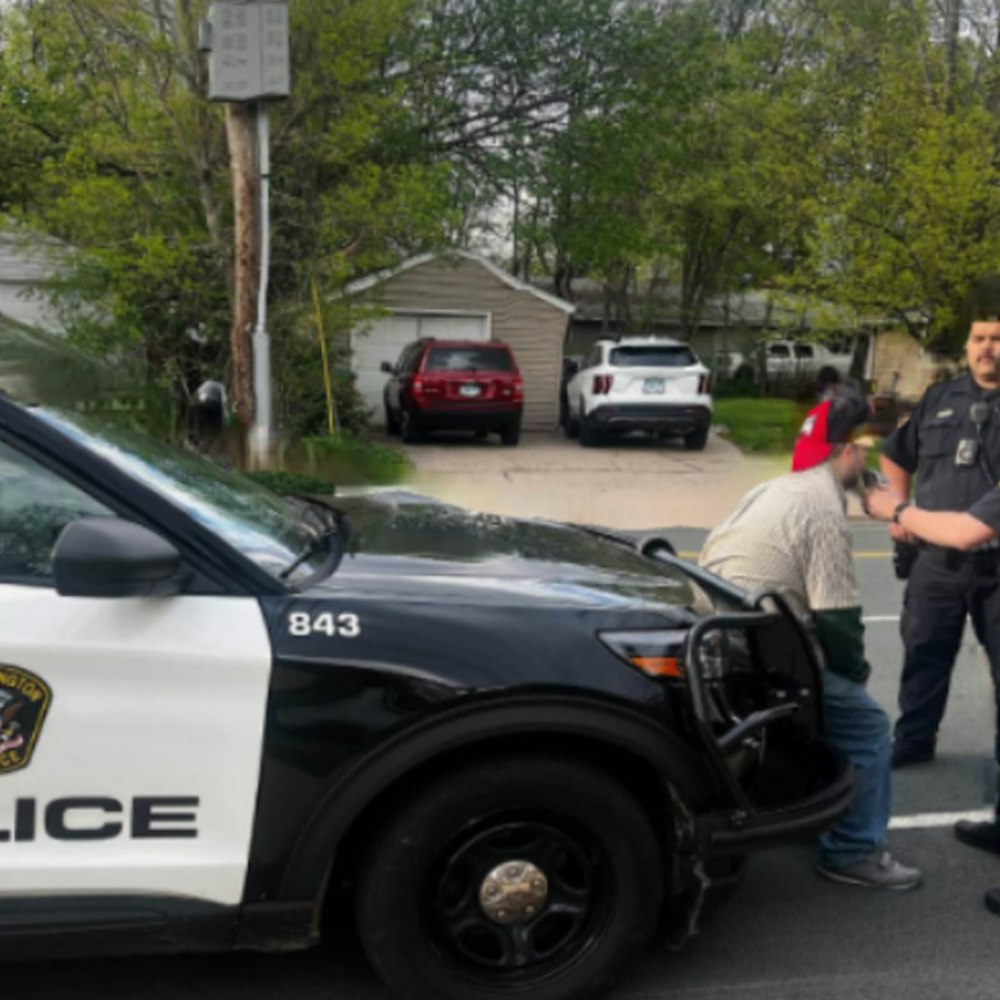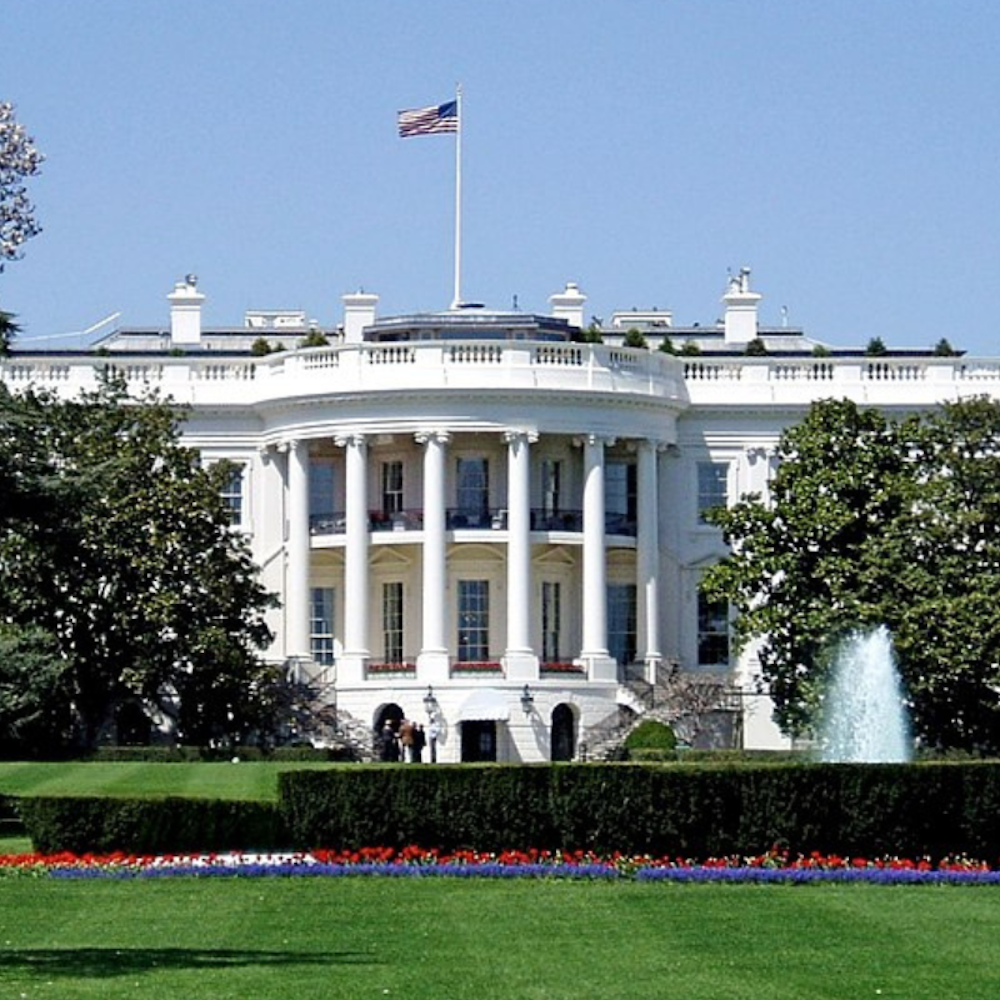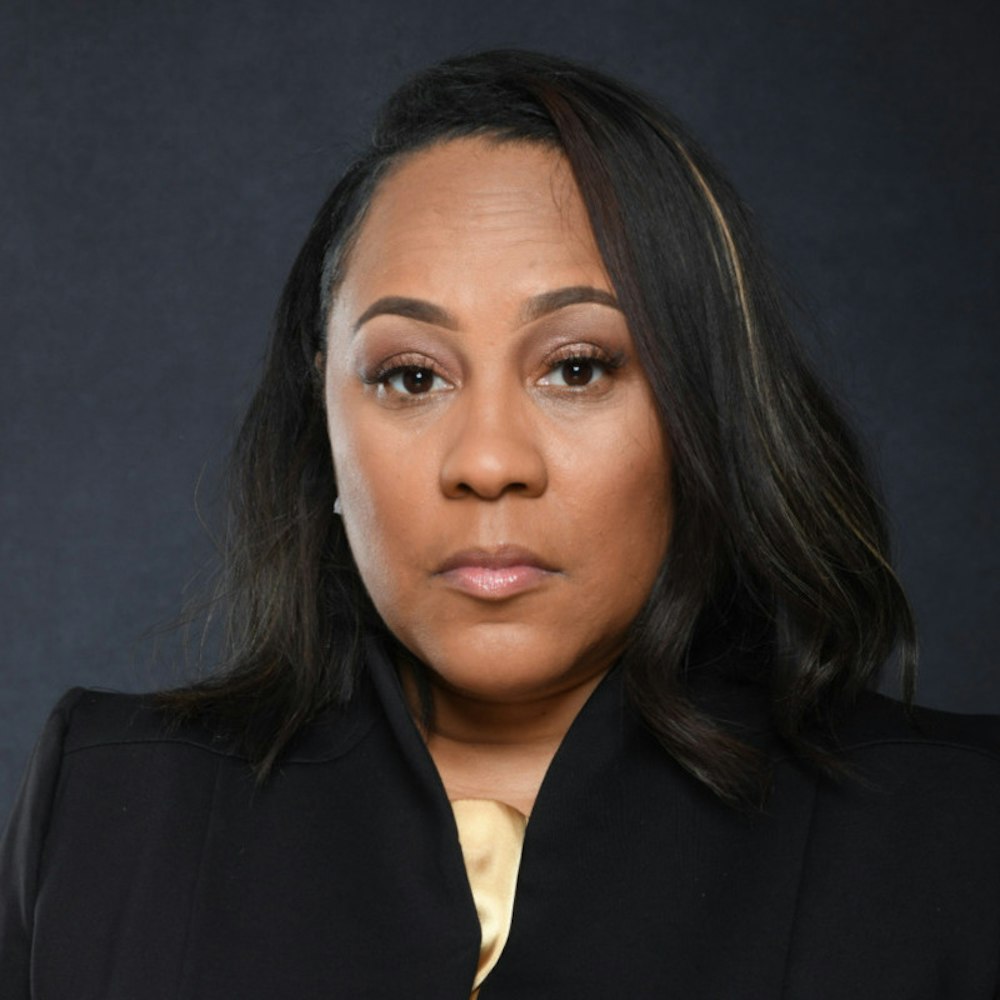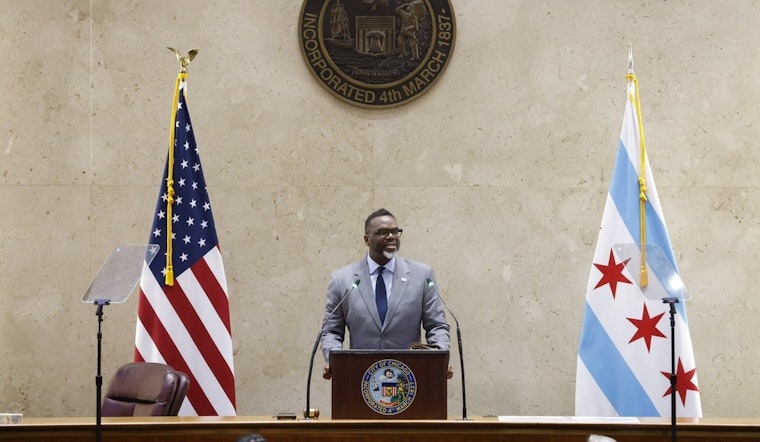
Mayor Brandon Johnson's first budget proposal, outlined this month, marks a crucial point for the Chicago Department of Public Health. As mentioned in the Chicago Tribune, the proposed budget is weighted toward mental health with an additional $15 million investment and the revitalization of two city-run mental health clinics, part of Johnson's campaign promises.
Drawing attention during the pandemic peak, Chicago's Department of Public Health, as indicated by a report from the Chicago Tribune, is now faced with concerns over maintaining the infrastructure and systems developed during the pandemic. The anticipated decline in federal funding for pandemic readiness amplifies these concerns, pressing city officials to question if they are investing adequate resources into public health. Alderman Jason Ervin of the 28th ward of Chicago's West Side presses the government's plans, posing the question, "Are we discontinuing preparation?"
A report by WGN-TV states that Johnson's budget proposal includes a $236 million increase in city spending without causing a tax hike. This budget plan includes strategic investments in various sectors such as youth employment, homelessness support, the city's Home Repair Program, and climate initiatives, with a notable element being funding for Treatment Not Trauma, a non-police response program for mental health crises. Despite this, there is skepticism among City Council members due to concerns over public safety spending.
Under Johnson's budget, the Chicago Police Department is slated to acquire 400 new civilian posts, however, potential issues loom with approximately 1,700 vacancies still to be filled. As highlighted in the Chicago Tribune, the conundrum arises as the city faces the loss of millions in federal epidemiology health capacity grants and public health emergency preparedness grants. The Johnson administration, nevertheless, asserts that no programs are being suspended, and no staffing cuts are planned.
Fikirte Wagaw, the Acting Public Health Commissioner, holds responsibility for managing the department amid these budget decisions. Despite the potential challenges tied to a reduction in national funding as reported by the Chicago Tribune, Wagaw has emphasized the department's efforts to closely coordinate with federal partners, the city Budget Office, and the mayor's office to provide necessary resources for readiness. The question, however, still revolves around the wider implications of the city's public health fund allocation.
Chrissie Juliano, executive director of the Big Cities Health Coalition, notes in an article in the Tribune, that during relatively peaceful times, preserving infrastructure and systems can easily fall to the wayside. The challenge confronted by city governments like Chicago's is making successful, sustainable public health decisions in the face of dwindling federal support due to COVID-19. Commissioner Wagaw has stressed an active approach to counterbalancing dwindling resources and maintaining necessary services amidst future public health emergencies.
Lastly, Chicago's $150 million allocation to the migrant crisis and the potential necessity for increased funding intensifies skepticism and prompts questions about resource distribution, as reported by WGN-TV. Despite Mayor Johnson's budget reflecting his progressive agenda, the impending uncertainty surrounding public health preparation and the adequacy of available funding for potential crises necessitates a closer examination of the long-term costs and consequences of these strategic investments.
